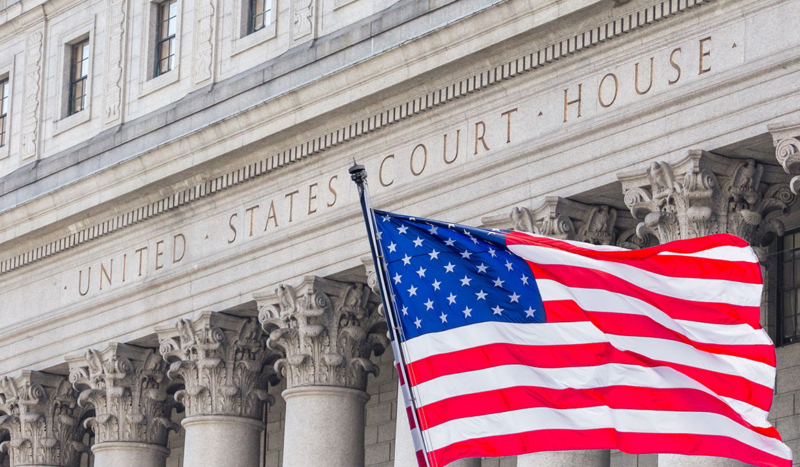
Shutterstock
In a landmark 9-0 decision Thursday, the Supreme Court ruled that majority groups — including heterosexuals — are entitled to the same workplace discrimination protections as minorities under Title VII of the Civil Rights Act, striking down a legal barrier that had made such claims harder to proceed.
The ruling arose from the case of Marlean Ames, a 61-year-old heterosexual woman from Ohio, who sued the Ohio Department of Youth Services in 2020, alleging the department discriminated against her because of her sexual orientation.
According to court documents, Ames applied for a promotion in 2019 but was denied the position “in favor of a gay candidate, and was later demoted in favor of another gay candidate,” despite strong qualifications and performance reviews.
Nevertheless, the Sixth Circuit Court of Appeals dismissed her case, invoking a controversial “background circumstances” rule that required majority-group plaintiffs to present extra evidence of bias.
In Thursday’s ruling, the Court unanimously rejected that standard, arguing it “cannot be squared with the text of Title VII or the Court’s precedents.”
“By establishing the same protections for every ‘individual’ — without regard to that individual’s membership in a minority or majority group — Congress left no room for courts to impose special requirements on majority-group plaintiffs alone,” Justice Ketanji Brown Jackson wrote.
The decision sends Ames’ case back to the lower courts and sets a precedent that could reshape how so-called “reverse discrimination” claims are evaluated nationwide.
CatholicVote Vice President Joshua Mercer praised the ruling, calling it a “decision to affirm common sense.”
“The Supreme Court unanimously upheld that discrimination is discrimination — and that there isn’t a higher burden of proof just because you are a member of a ‘majority group,’” he said.
Xiao Wang, one of Ames’ lawyers, told NBC News that the decision removes “a major legal hurdle,” adding that Ames “is incredibly pleased about” the ruling.
The case also drew support from the America First Legal Foundation, which filed an amicus brief on Ames’ behalf in December 2024.
“Title VII exists to protect employees from discrimination by their employer and ensure each employee has equal opportunity in the workplace,” Nicholas R. Barry, America First Legal senior counsel, said at the time. “It doesn’t matter what the employee’s race, sex, religion, or other protected characteristics are. Each deserves to be treated equally under the law.”

